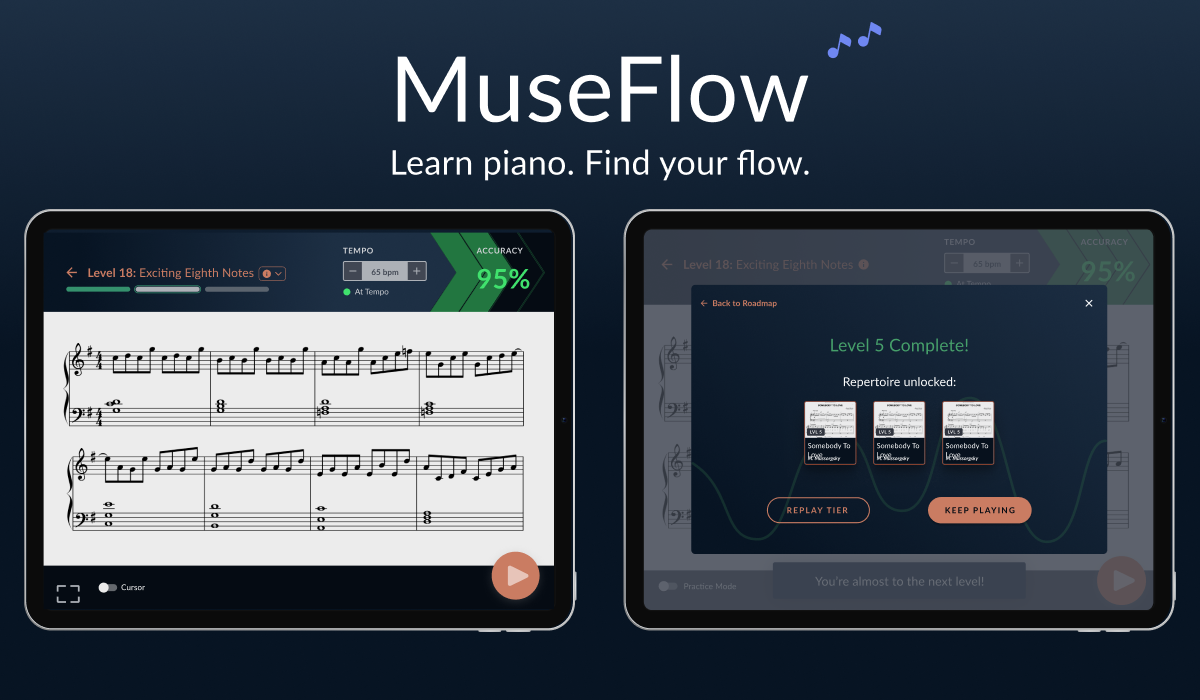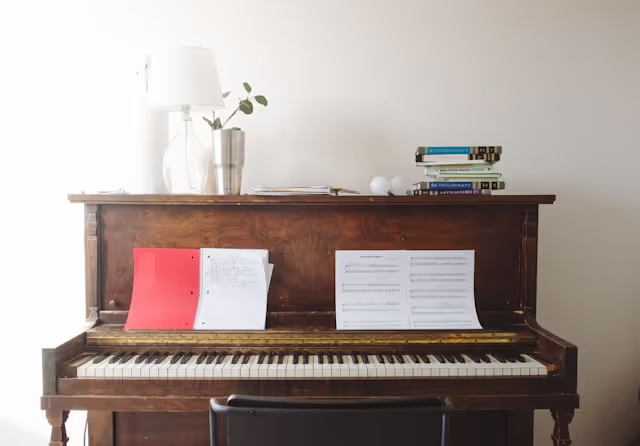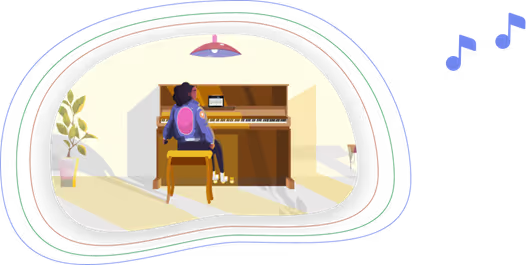5 Common Piano Learning Challenges - How MuseFlow Solves Them
Learning to play the piano is one of the greatest feelings in the world, but takes a lot of work and time to perfect it. Many aspiring pianists face many different obstacles that make the journey frustrating & difficult. Thankfully, MuseFlow is here to help you! This innovative app is specifically designed to address common piano learning challenges, making your practice sessions more effective, fun and enjoyable. Here are the 5 most common challenges and how MuseFlow solves them!
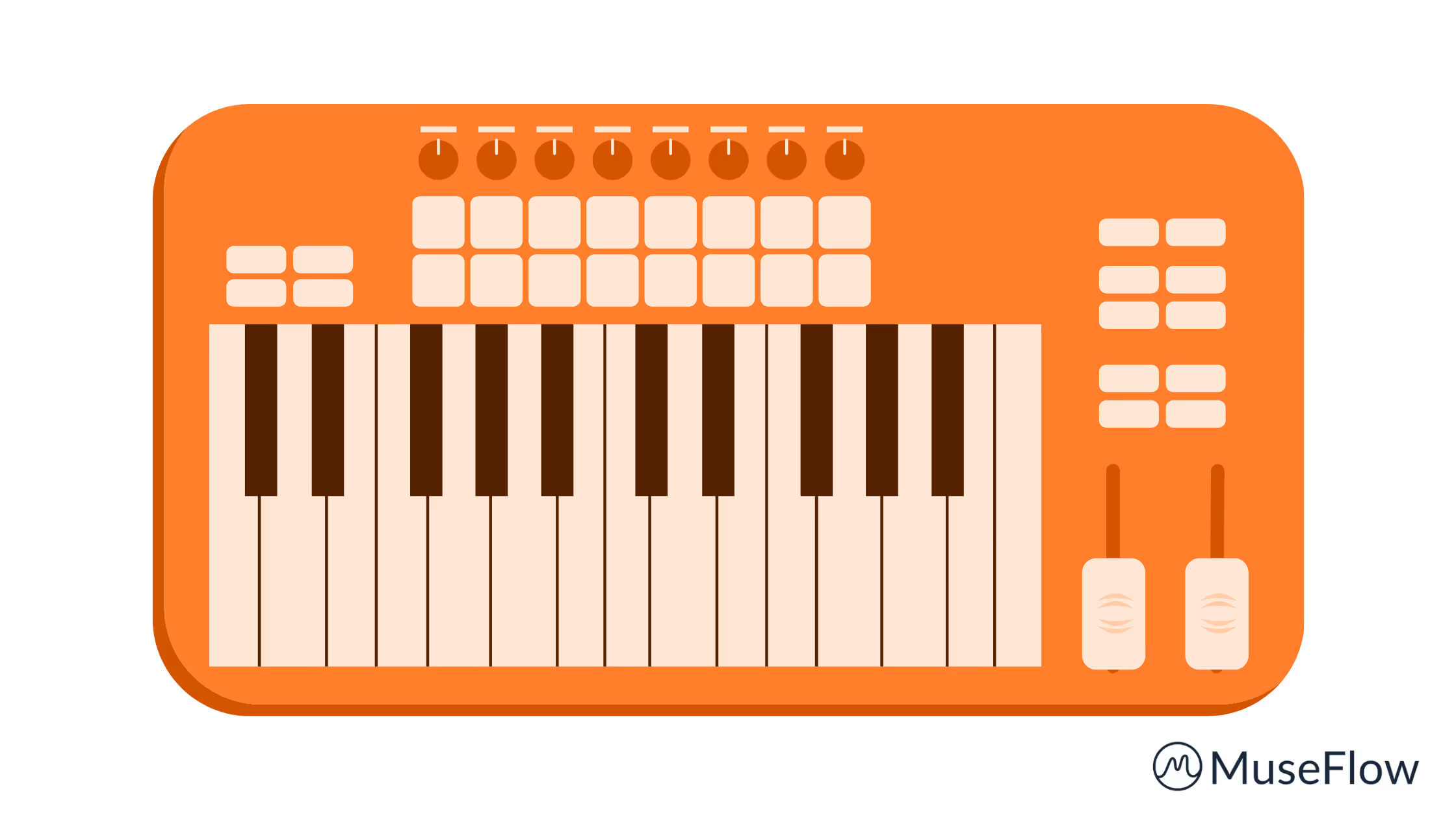
1. Staying Motivated to Play the Piano
Challenge: Staying motivated throughout the learning process can be tough. Progress might feel slow, and it’s easy to become discouraged. A lot of people give up early.
Solution: The best piano apps like MuseFlow keeps you highly motivated by making practice session fun and more engaging. The app uses modern elements of gamification, unlike most other piano apps out there. It captures that "aha" moment and gives that back to you on repeat. The learning is the game itself. Every new skill you learn is a level you have to beat. These features are guaranteed to make practicing feel like a really fun game.. providing a strong sense of accomplishment. This will automatically boosts your confidence and encourages you to keep going! You will LOVE it because each practice session is an exciting personal adventure that keeps you coming back for more. Gamification is knows to boost motivation if done correctly.

2. Lack of Personalized Guidance
Challenge: Traditional piano lessons follow a one-size-fits-all approach. This is an old-school way of learning, because it can be frustrating for learners who actually need personalized guidance.
Solution: The best piano learning app uses machine learning and AI technology to provide a personalized learning experience. The software carefully assesses your skill level and then adapts the lessons to match your own personal needs. How amazing is that?? This means you’re always working on material that is both challenging and achievable! By tailoring each practice session to your abilities & goals, MuseFlow always makes sure that you’re progressing at your own pace. It also makes sure you're getting the most out of your practice time. There is no other solution out there that makes practicing so effective yet fun!
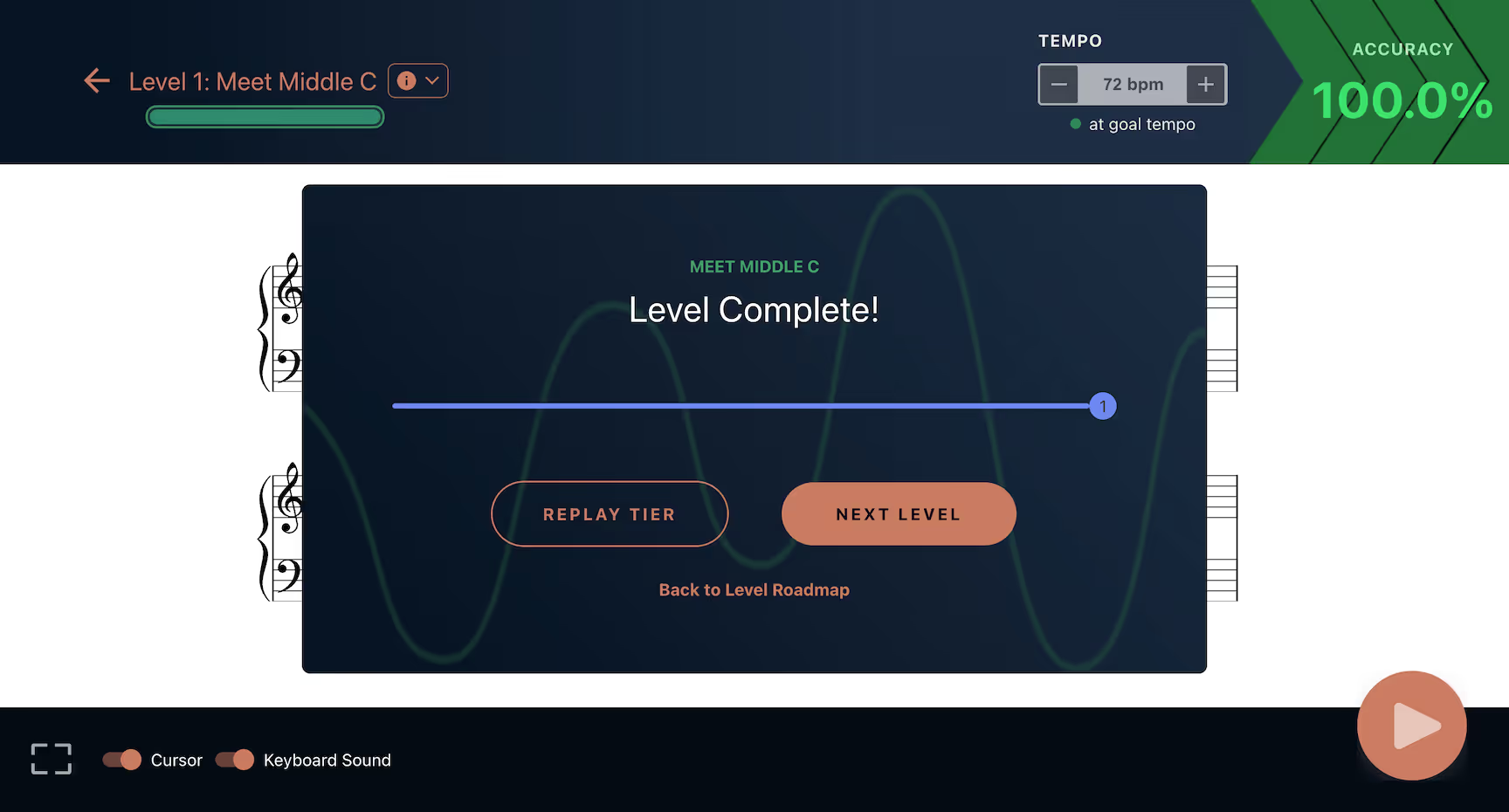
3. Real-Time Feedback & Error Correction
Challenge: Without immediate feedback, people often develop really bad habits. These habits can be hard to break later on..
Solution: The learning app will provide you with real-time feedback on your playing. This helps you correct mistakes right as they happen. That's by far the best way to learn. As you keep practicing, the app listens to your performance and offers instant corrections on notes, timing, and technique! This immediate, smart feedback makes sure that you develop better habits from the start. This of course will make your learning process more efficient. The innovative real-time feedback feature is like having a personal tutor available 24/7 - guiding you through each practice session. The only difference is that the tutor is friendly and never gets mad at you.
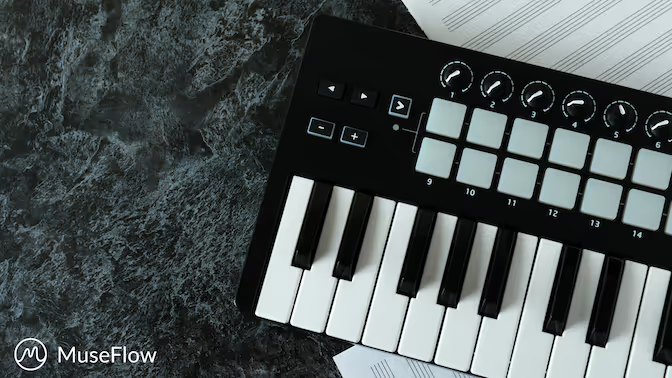
4. Big Piano Learning Challenge - Keeping Practice Sessions Interesting
Challenge: We all know that practice can become monotonous and boring.. which often leads to frustration and quitting. Not anymore!
Solution: The California based tech startup designed the practice sessions to be more interesting. This is done by offering a large variety of exercises & challenges. MuseFlow midi piano lesson's interactive features and huge music library provide so many different opportunities for exploration and growth. The app regularly updates its content, so there’s always something new to learn. Customers are loving this, because they never get bored. By keeping your practice sessions amusing, the software helps you stay interested and excited about your musical journey.
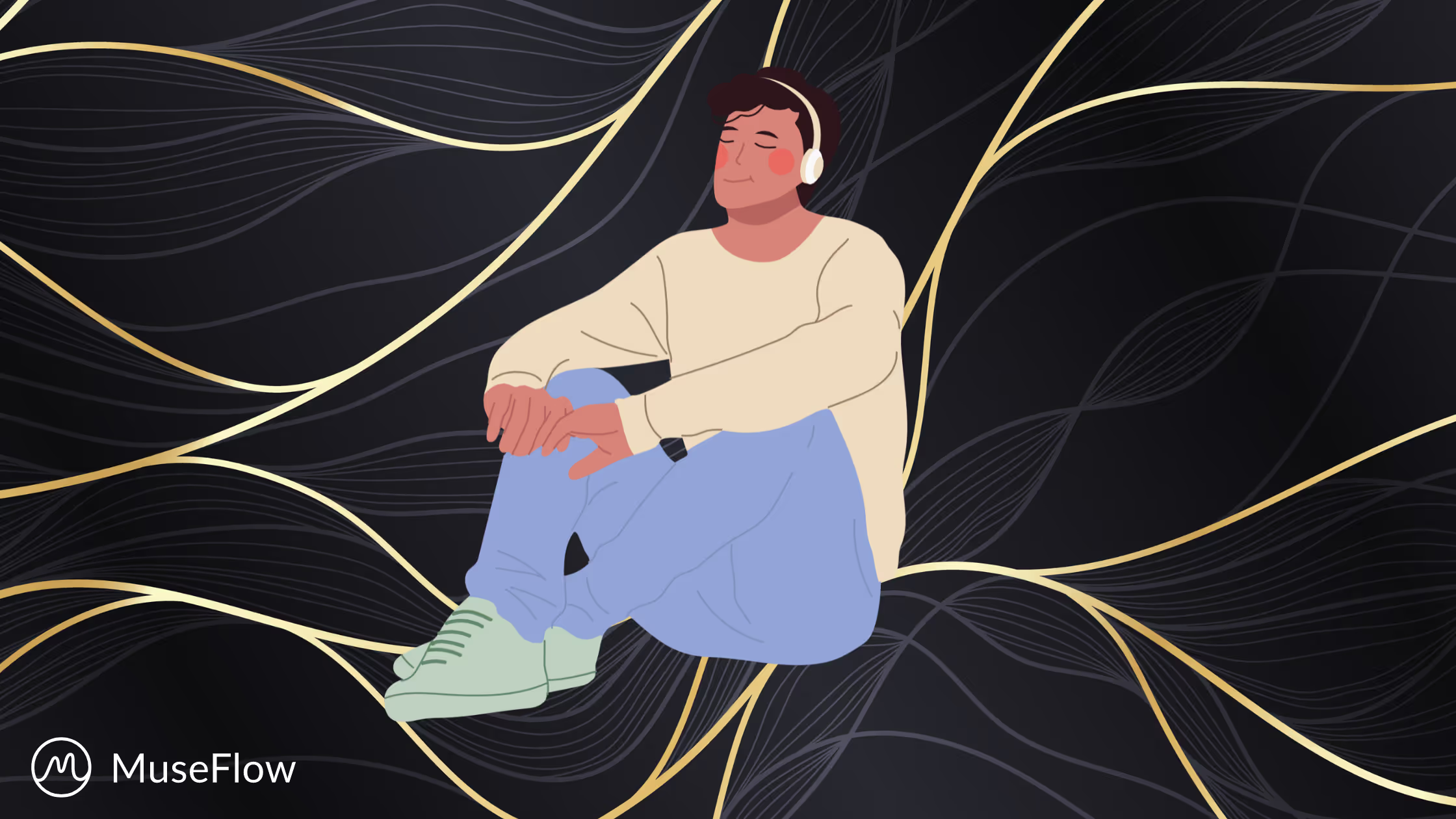
5. How to Overcome Piano Learning Challenges? Building a Strong Foundation
Challenge: Many piano learners struggle to build a strong foundation - in piano techniques and music theory.
Solution: MuseFlow’s complete course structure is build so that you develop a strong foundation, in both technique and theory. The app provides step-by-step interactive tutorials and exercises designed to improve your piano playing. That means that whether you’re focusing on sight reading, finger movements, or understanding musical notation, the AI software's structured approach helps you master your fundamentals. This strong foundation is important for progressing to more advanced playing in the future and becoming a confident, skilled pianist.
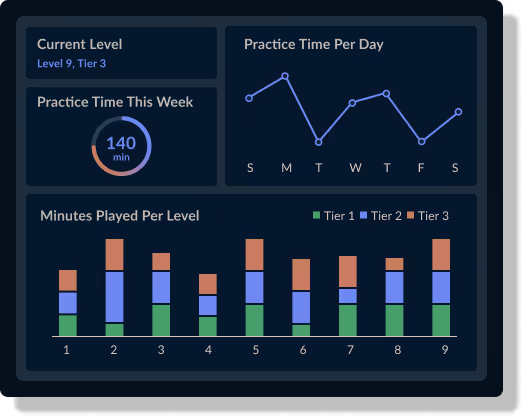
Conclusion
The piano is the most popular instrument, so it's definitely worth the challenges to learn how to play. As discussed above, learning to play the piano comes with its fair share of challenges... but MuseFlow is designed to make the journey so much smoother and more enjoyable like never before. By addressing common obstacles such as staying motivated, needing personalized guidance, receiving real-time feedback, always keeping practice sessions interesting, and building a strong foundation, the software really makes sure that you have the all the support and resources you need to succeed!


.svg)

.jpg)

